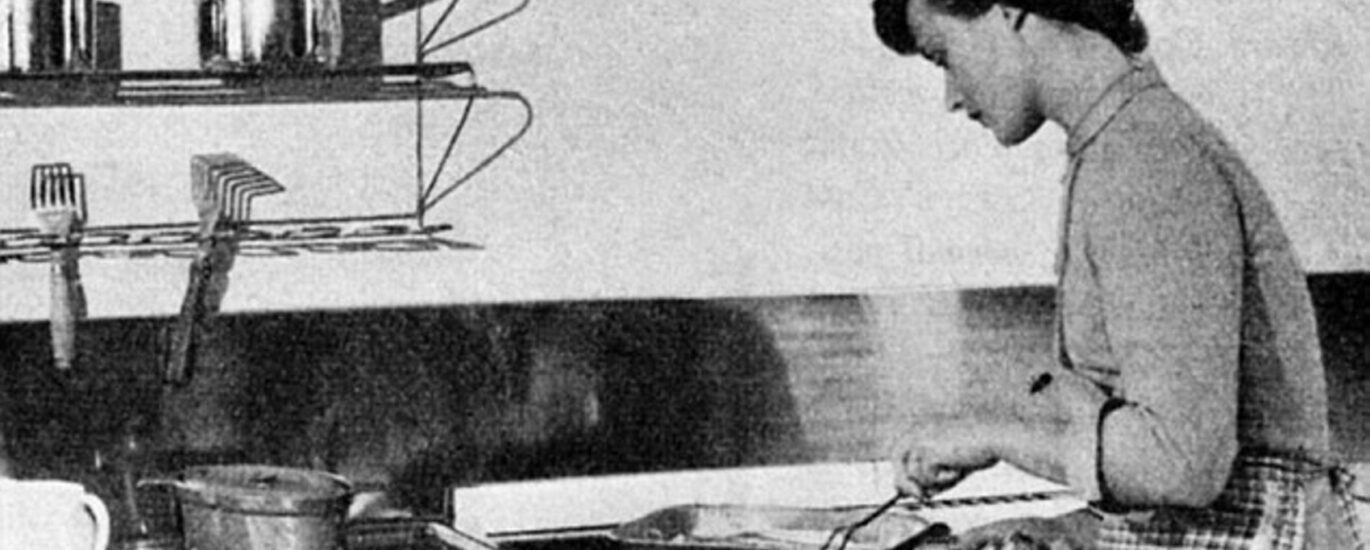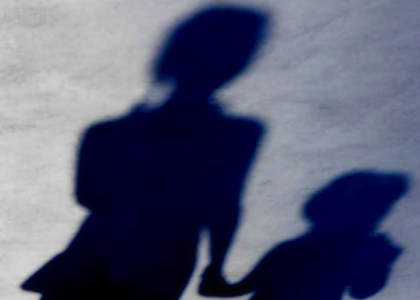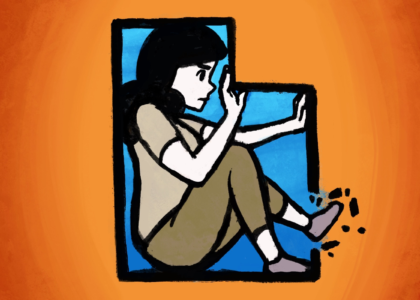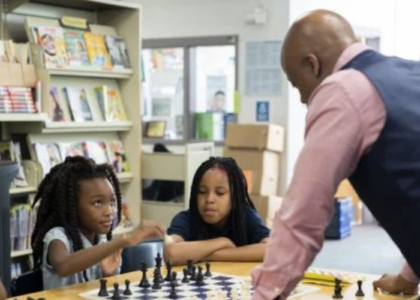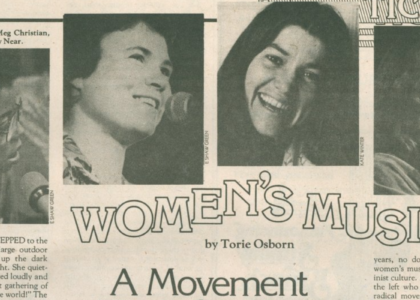“The only way for a woman, as for a man, to find herself, to know herself as a person, is by creative work of her own.”
– Betty Friedan, “The Feminine Mystique”
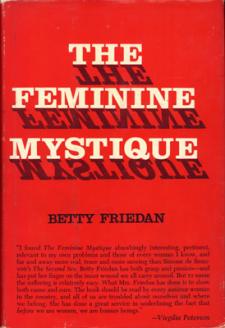
The Book
From 1957-1962, Betty Friedan interviewed white, middle-class women about their experiences and happiness being housewives. She had identified a trend of dissatisfaction and depression among these women, and dubbed the issue “the problem with no name.” In 1963, Friedan published The Feminine Mystique on this topic, which quickly became one of the most influential and best-selling nonfiction books of all time. It is often credited as instigating the second wave of feminism in the United States, and brought women’s rights and issues to the public consciousness.
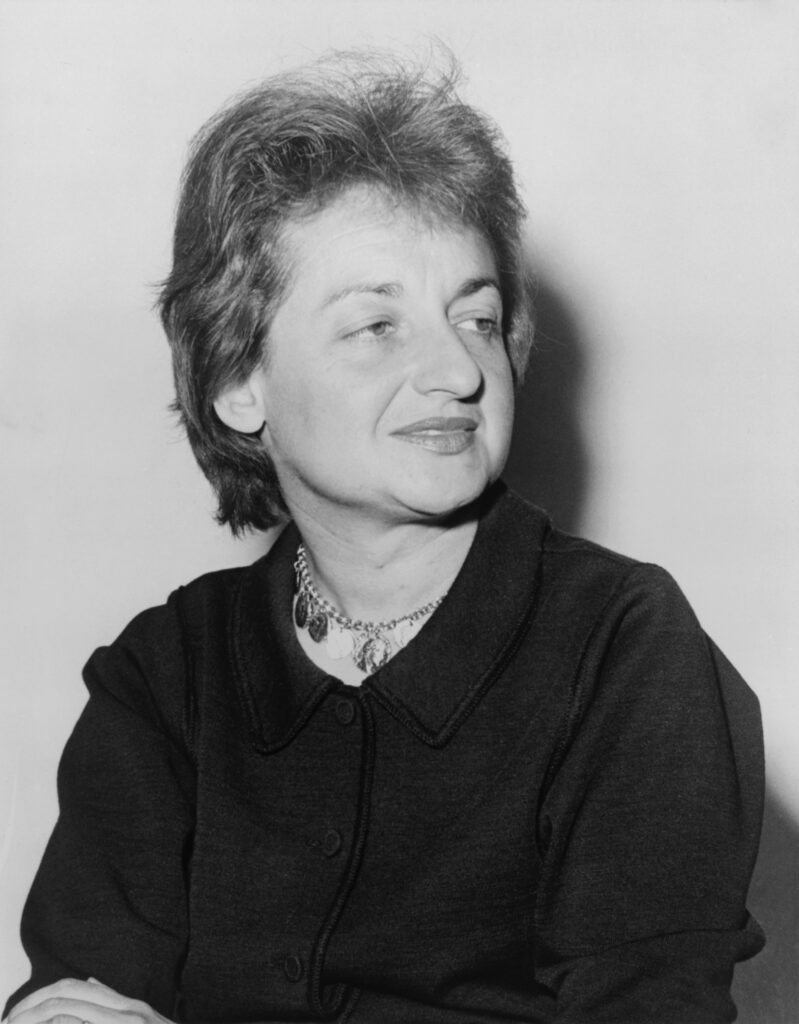
The Author
Betty Friedan was born on February 4, 1921 in Illinois, to an Eastern European Jewish family. She became interested in politics, poetry, and psychology during her early education, and remained active in Marxist and feminist circles throughout her life. In the 1950’s, Friedan began writing about “the problem that has no name,” and in 1963 published The Feminine Mystique. For the rest of her life, Friedan worked as a feminist writer and was viewed by many as a critical figure in the Women’s Movement. She died on February 4, 2006, on her 85th birthday.
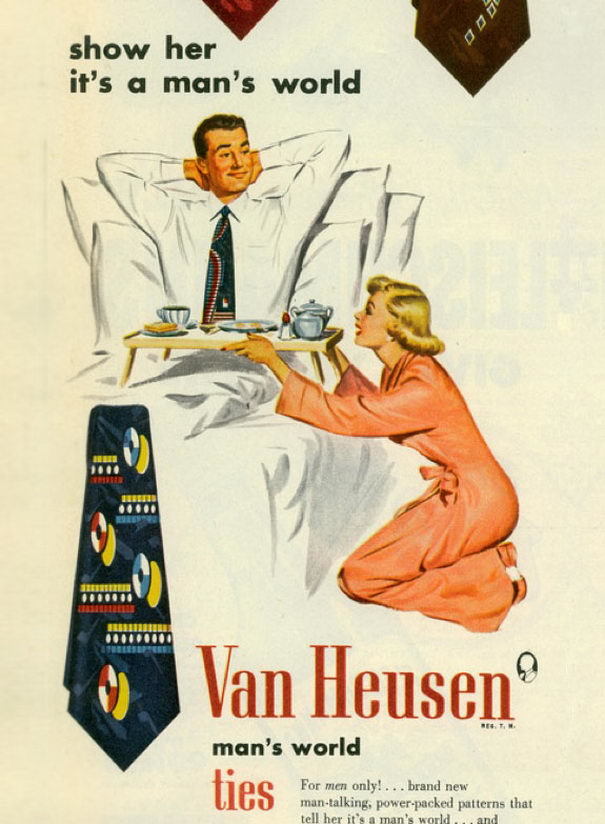
“[The American housewife] was healthy, beautiful, educated, concerned only about her husband, her children, her home. She had found true feminine fulfillment. As a housewife and mother, she was respected as a full and equal partner to man in his world. She was free to choose automobiles, clothes, appliances, supermarkets; she had everything that women ever dreamed of.”
– The Feminine Mystique
Our Guest
Marta Luna Wilde
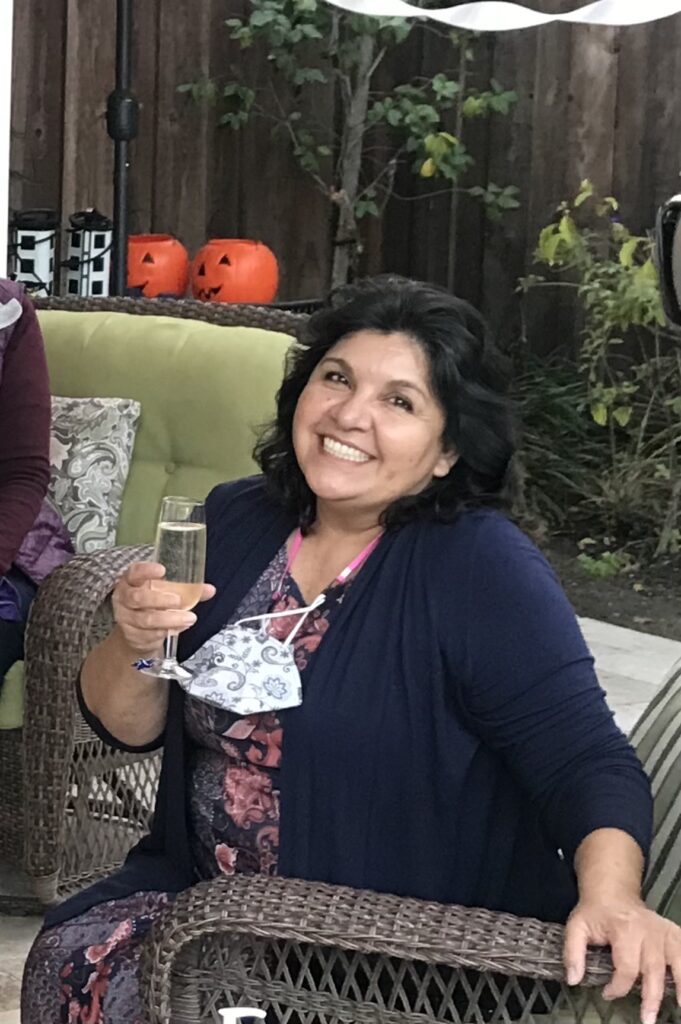
Marta Luna Wilde is the youngest of nine children, born and raised (with 7 brothers and 1 sister) in the San Francisco Bay Area. Her family immigrated from Central Mexico in 1962, her father having worked in the Bracero Program after World War II. In the 60s to early 1980s, her father worked as a cook at Stanford University which allowed her to play in and around campus throughout her childhood. She feels it was an amazing backyard in which to grow up. She received her BA from Stanford in 1987 and M.Ed from UCLA in 1990. Her professional career includes teaching in Los Angeles, Redwood City, and Palo Alto; serving as a program trainer with the Accelerated Schools Project (for disadvantaged schools) at Stanford’s School of Education, and working as a social science researcher developing curricula at the Prevention Research Center at Stanford’s School of Medicine. Currently, she is interested in finding ways to use her background in education to promote environmental education in schools, specifically with bilingual Spanish/English language learners. On a personal level, she and her husband have three daughters aged 13,13, and 21. Despite the pandemic, her family is thriving in a world turned upside down. Frequent Covid-safe visits with her 94-year-old mother help ground her and provide perspective on day-to-day living.
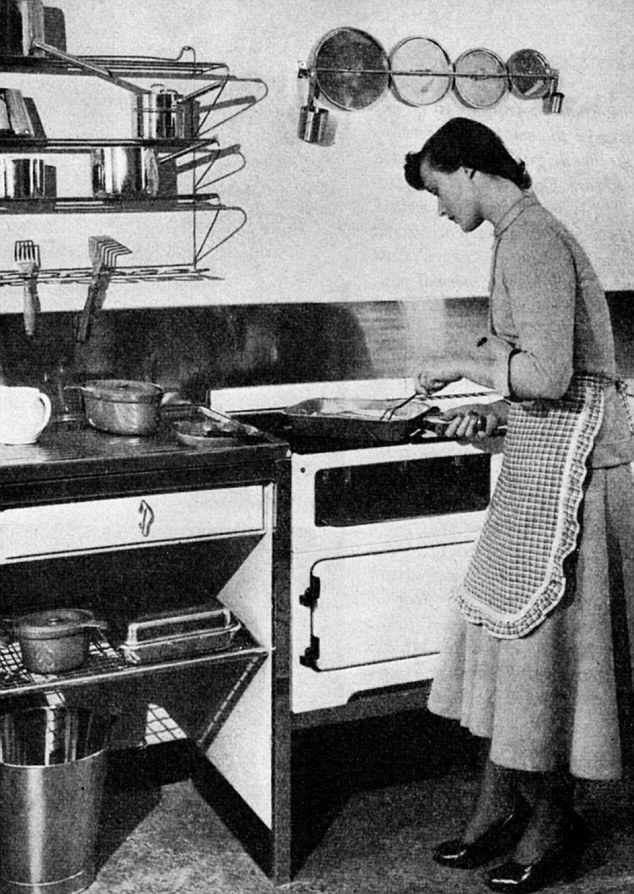
Amy’s Takeaways
For anyone looking to understand what white, suburban, college-educated American women were feeling in the 1950’s and 60’s (and what they are still feeling inside certain cultures), this book is an absolute must-read. I found my own life experience reflected in its pages, and I would have benefited from it immeasurably if I had read it earlier in my life. It’s well-researched and smart, but much easier to read than some of the heavier academic texts on our reading list. With that said, please don’t read this and think it’s a “women’s” manifesto. I was very conscious of the absence of women of color, queer women, working-class and poor women, disabled women… and that’s a big omission. So in conclusion, I heartily recommend this book, as long as it’s part of a diverse reading list.
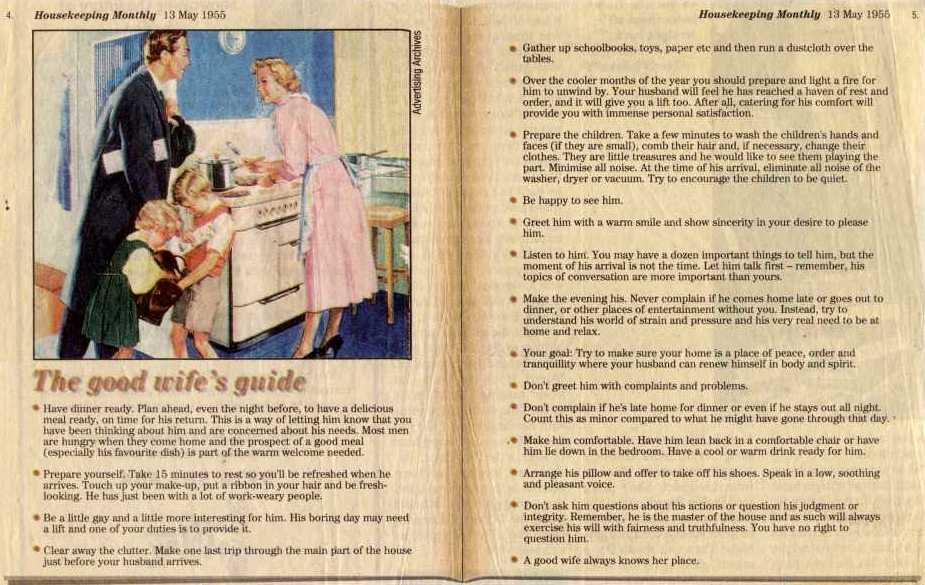
“But women in America are not encouraged, or expected, to use their full capacities. In the name of femininity, they are encouraged to evade human growth.”
– The Feminine Mystique
Listen to the Episode
&
Share your Comments with us below!

